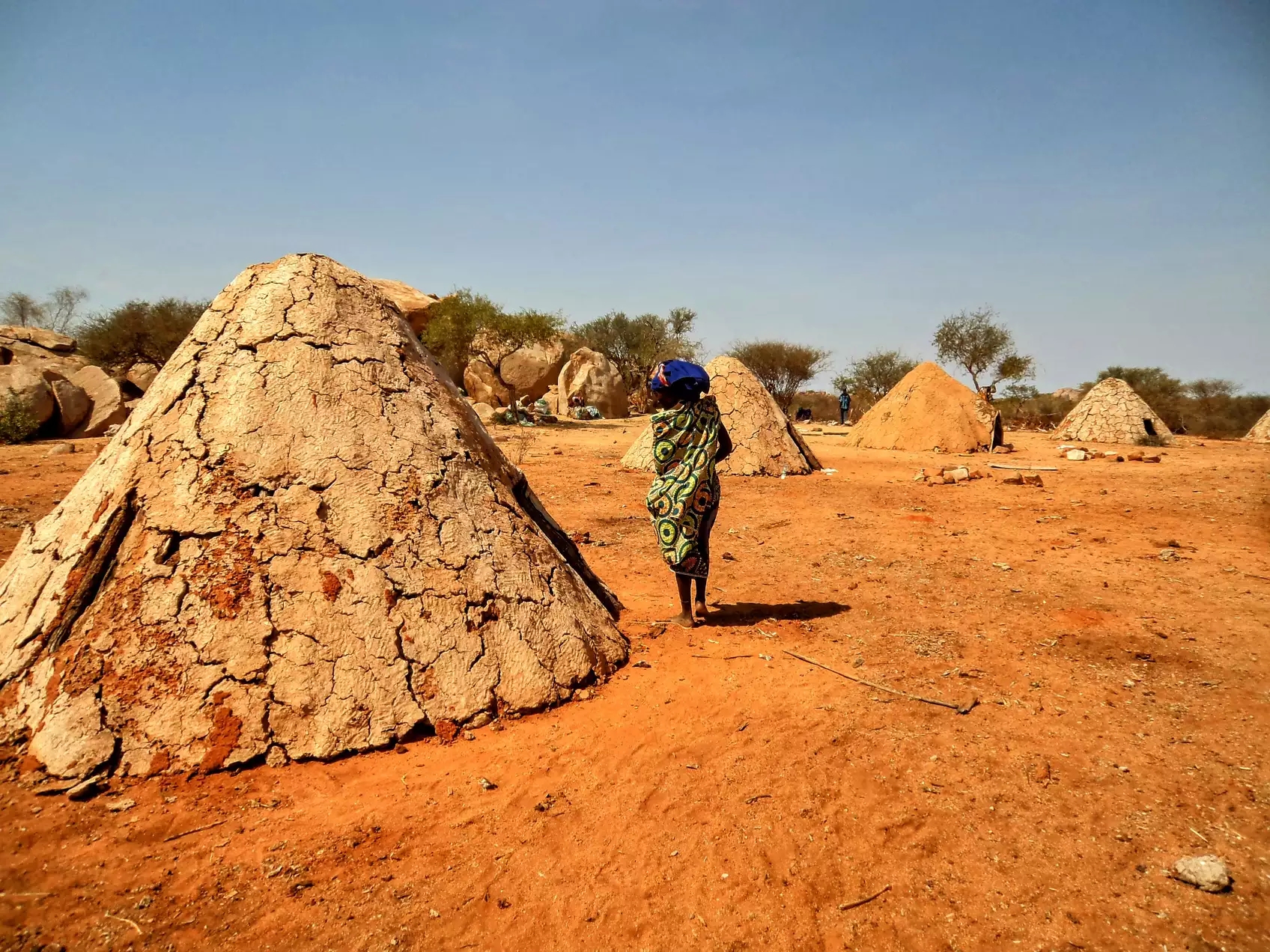We reach more than 65,000 registered users in Dec!! Register Now

Probing the deep genetic structure of Africa
- September 23, 2023
- 11 Views
- 0 Likes
- 0 Comment
DNA research from human populations thought to be uncontactable or extinct helps probe the deep genetic structure of Africa
Using ancestry decomposition techniques an international research team from the University of Bern in Switzerland, the University of Porto in Portugal and the Max Planck Institute for Evolutionary Anthropology in Germany has revealed a deeply divergent ancestry among admixed populations from the Angolan Namib desert. This unique genetic heritage brings the researchers closer to understanding the distribution of genetic variation in the broader region of southern Africa before the spread of food production.
© Sandra Oliveira
Among the communities the team encountered are the Kwepe, a pastoral group who used to speak a language known as Kwadi. “Kwadi was a click-language that shared a common ancestor with the Khoe languages spoken by foragers and herders across southern Africa,” explains Anne-Maria Fehn, a linguist from CIBIO who participated in the fieldwork and was able to interview what may well be the last two speakers of Kwadi. “Khoe-Kwadi languages have been linked to a prehistoric migration of eastern African pastoralists”, adds Rocha, whose research focuses on southern African population history. In addition, the team contacted Bantu-speaking groups that are part of the dominant pastoral tradition of southwest Africa, as well as marginalized groups whose origins have been associated with a foraging tradition, distinct from that of the neighboring Kalahari peoples, and whose original language was supposedly lost.
Modern DNA research can complement ancient DNA studies

© Jorge Rocha
Mark Stoneking, who contributed to the earliest genome-wide studies on southern African foragers and participated in this study, says: “Previous studies revealed that foragers from the Kalahari desert descend from an ancestral population who was the first to split from all other extant humans. Our results consistently place the newly identified ancestry within the same ancestral lineage but suggest that the Namib-related ancestry diverged from all other southern African ancestries, followed by a split of northern and southern Kalahari ancestries”. With this new information, the researchers could reconstruct the fine-scale histories of contact emerging from the migration of Khoe-Kwadi-speaking pastoralists and Bantu-speaking farmers into southern Africa. Moreover, the study demonstrates that modern DNA research targeting understudied regions of high ethnolinguistic diversity can complement ancient DNA studies in probing the deep genetic structure of the African continent.
List of Referenes
- Sandra Oliveira, Anne-Maria Fehn, Beatriz Amorim, Mark Stoneking, Jorge Rocha. Genome-wide variation in the Angolan Namib Desert reveals unique pre-Bantu ancestry. Science Advances, 2023; 9 (38) DOI: 10.1126/sciadv.adh3822
Cite This Article as
No tags found for this post









